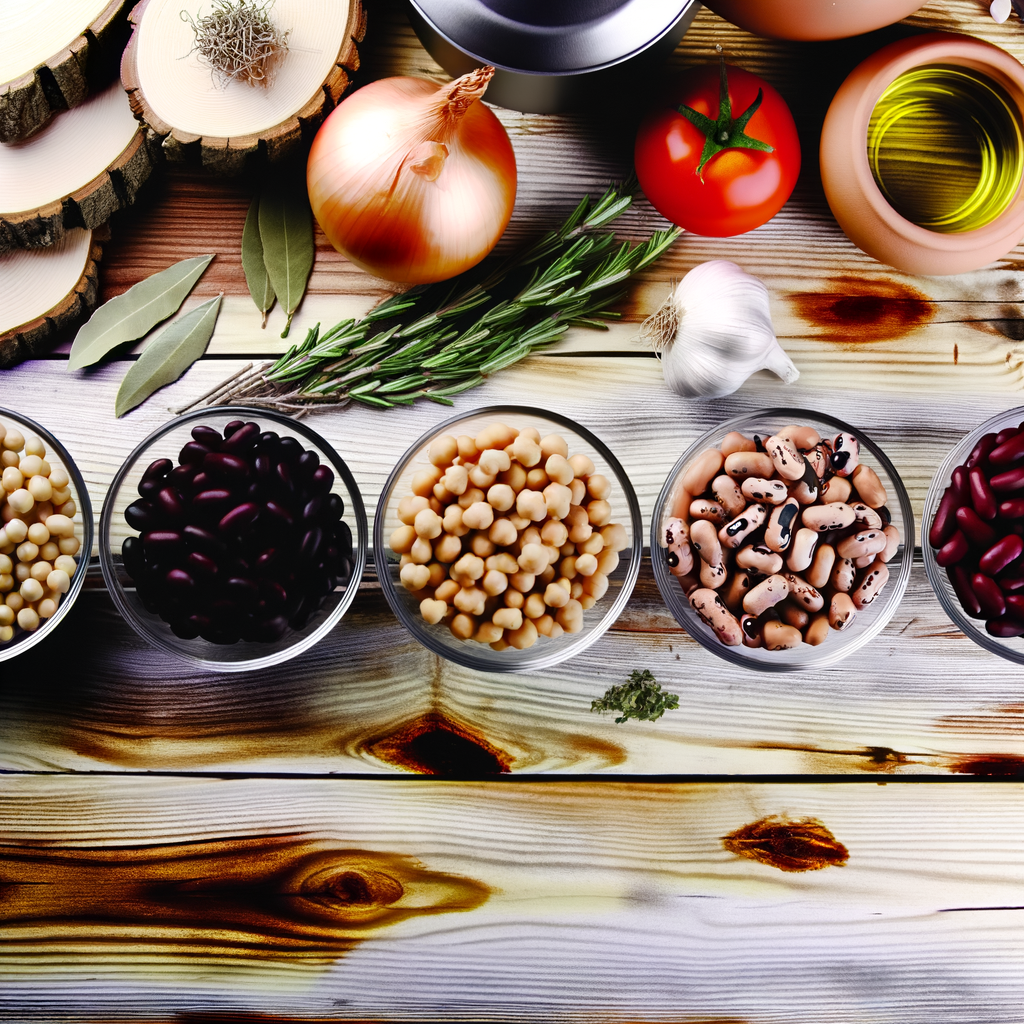Vegan Prison Food: House Democrats Push for Plant-Based Meals in Federal Prisons
Vegan prison food is gaining significant traction as House Democrats advocate for the introduction of plant-based meals in federal prisons. This legislative effort represents a crucial turning point for inmate rights, sustainability, and public health. The intersection of dietary reforms and social justice is ushering in an era where compassionate, nutritious meals could become the norm for incarcerated individuals.
The Current State of Prison Food
Federal prisons have long been criticized for the low quality and lack of nutritional value in their meals. Typically, prison diets are high in carbohydrates and fats, but low in fresh fruits, vegetables, and other essential nutrients. The scarcity of healthy food options contributes to numerous health issues among inmates, including obesity, diabetes, and heart disease.
The Push for Plant-Based Meals
The introduction of vegan meals stands as a bold initiative aimed at overhauling the current food system within federal prisons. The objectives of this movement are multifaceted:
- Improving inmate health: Plant-based diets offer a plethora of health benefits, including reduced risks of chronic diseases and improved overall wellness.
- Environmental impact: Reducing meat consumption in prisons can significantly lower the carbon footprint associated with food production.
- Cost-effectiveness: Plant-based foods can be more economical in the long run, easing the financial burden on the prison system.
Health Benefits of Plant-Based Diets
Switching to a vegan diet can revolutionize the health landscape within federal prisons. Here are some key benefits:
- Weight management: Plant-based diets are generally lower in calories and higher in fiber, promoting healthy weight management.
- Reduced chronic diseases: Diets rich in fruits, vegetables, and whole grains can lower the risk of diabetes, cardiovascular diseases, and certain cancers.
- Improved mental health: Nutrient-dense foods can positively affect mental health, potentially reducing incidents of depression and anxiety among inmates.
Environmental Benefits
Shifting to vegan prison food is not just beneficial for inmates; it’s also a win for the environment. The meat industry is a major contributor to greenhouse gas emissions, deforestation, and water usage. By offering plant-based meals, federal prisons can take a significant step towards sustainability.
- Reduced carbon footprint: Plant-based diets generate fewer greenhouse gases compared to meat-heavy diets.
- Conservation of resources: Producing plant-based foods typically requires less land, water, and energy.
- Less waste: Vegan meals can contribute to reduced food waste in prisons, as plant-based ingredients often have longer shelf lives.
Economic Advantages
Implementing vegan meals in federal prisons is not only a step towards better health and environmental stewardship but also a financially sound decision. Here’s how:
- Lower food costs: Plant-based foods are generally less expensive to produce and procure than animal products.
- Healthcare savings: Improved diets can lead to better health outcomes, potentially reducing the costs associated with medical care for inmates.
- Operational efficiency: Streamlining food procurement and preparation processes for plant-based meals can enhance efficiency in prison kitchens.
Challenges and Considerations
While the benefits are clear, the transition to vegan prison food does come with its set of challenges:
Ensuring Nutritional Balance
A well-balanced vegan diet requires careful planning to ensure inmates receive all essential nutrients, including:
- Protein: Sources such as beans, lentils, tofu, and tempeh should be incorporated.
- Vitamins and Minerals: Foods rich in vitamins B12 and D, calcium, and iron should be a staple.
- Variety: A diverse range of fruits, vegetables, grains, and legumes to keep meals interesting and nutritionally adequate.
Resistance to Change
Introducing any new system faces resistance, and dietary change is no exception. Stakeholders, including prison staff and inmates, might be resistant to switching from traditional meals to plant-based options. Extensive education and gradual implementation could be key strategies in mitigating resistance.
Infrastructure and Training
Ensuring the prison system has the necessary infrastructure and staff training to prepare and serve plant-based meals is crucial. Investments in kitchen equipment, sourcing reliable suppliers, and training culinary staff are necessary steps for a successful transition.
The Path Forward
The push for vegan prison food by House Democrats symbolizes a broader commitment to reforming the prison system, with a focus on health, environmental sustainability, and cost-efficiency. As the proposal gains momentum, it sets a precedent for future reforms within the criminal justice system.
By embracing plant-based meals, federal prisons can set an example for state and local facilities, showcasing how dietary reforms can have far-reaching benefits. It’s not just about feeding inmates; it’s about nourishing them in a way that supports their health and well-being while also considering the environmental and economic impacts.
As policymakers, prison administrators, and the public at large continue to grapple with the complexities of criminal justice reform, vegan prison food stands out as a tangible, impactful change that addresses multiple concerns simultaneously. The future of prison food could indeed be greener, healthier, and more humane.











